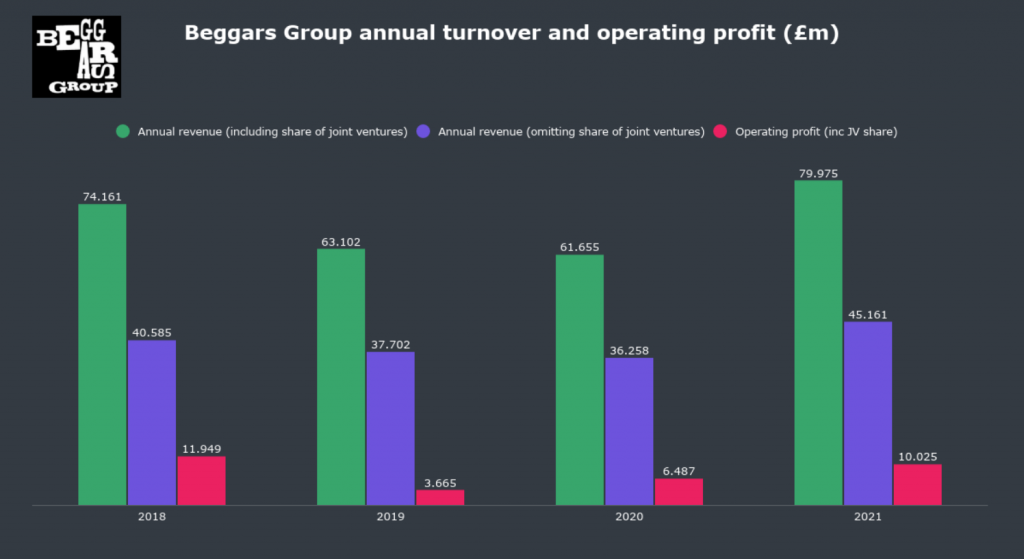I came across this post by – Dan Runcie (Trapital). Great read and started to make a lot of sense in combination with Square (Cash App owners) also buying Tidal.
For years, Cash App lagged behind Venmo. But that was before it teamed up with rappers as influencers. Here’s how hip-hop helped Cash App become a $73B+ business.
When Cash App launched in 2013, it was very buttoned-up.
Users needed phone numbers or emails to transfer money. There was no social element. It lost money with every new sign-up.
But in 2015, Cash App introduced $cashtags. In 2017, it followed up with Bitcoin trading just before it hit its first $20k high. The timing was perfect.
With its crypto users generating 3x more revenue than non-crypto users, Cash App wanted to double down on its influence.
At the time, Cash App started getting more shoutouts in rap songs. The company wasn’t sure why, but Block, Cash App’s parent company, locked in on one of the more successful influencer campaigns in recent years.
In May 2018, Cash App teamed up with Lil’ B. That August, Travis Scott came on board. And in December of that year, Snoop Dogg was its newest partner.
With Cash App as a sponsor, these artists gave away $100-$500 to fans who posted their $cashtag under their posts.
Cash App’s hip-hop influencer giveaways worked for four reasons:
1. Low customer acquisition cost (CAC)
2. Free money is always an easy sell
3. This was the first time hip-hop fans were the target audience for a financial service
4. It built on its existing popularity
Let’s break those down.
1. Low CACs
ARK Invest had a great breakdown on how Cash App’s hip-hop influencer tactics drop its CAC to be as low as $20 per user.
As a comparison, traditional banks spend $925 per user.
2. Free money is an easy sell
In 2019, the company spent an estimated $60k on Cash App Fridays, an investment that paid for itself many times over. Cash App Fridays became an awareness-building tactic in itself.
3. Reaching different customers
Cash App’s user base is strongest in the South and the Midwest of the US, which aligns with the regions where many hip-hop fans live.
Historically, these regions also get ignored by traditional banks.
By targeting these areas, Cash App took an approach opposite to most startups who instead focus on their “early adopter” coastal elite networks in NY, SF, LA, and DC.
Unlike Venmo, which relied on Ivy League students and alumni for initial growth.
4. Built on existing popularity
Cash App has now been name-dropped by 200+ hip-hop artists.
Sponsoring artists to give away hundreds of thousands led to more peer-to-peer transactions, which attracted more of its most profitable demographic, Bitcoin investors.
Cash App leaned into its popularity even more when it launched Cash App Studios in 2021 to bankroll artists and other creatives.
Cash App has achieved every modern brand’s dream: To become part of the ‘culture’ without appropriating it.

